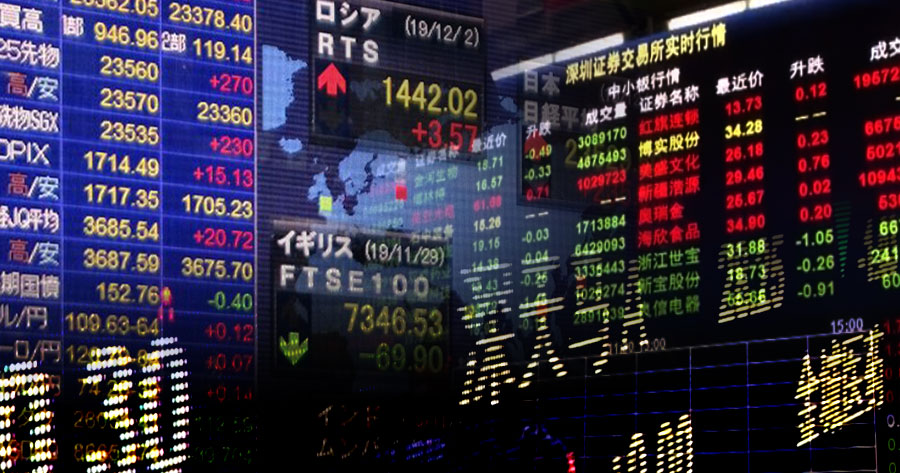Asian stock markets fell sharply on Tuesday on worries that the rapid spread of coronavirus cases in China would further damage economic growth and disrupt global supply chains. This is even though opening up would be beneficial in the long run.
As of 9.28 A.M. (Thai time), the S&P/ASX 200 in Australis fell 1.83% on its first trading session of 2023. South Korea’s Kospi fell 1.59%.
Hong Kong’s Hang Seng index fell 0.43%, while the Shanghai Composite in mainland lost 0.26%.
Meanwhile, Japanese share trading was shut for a holiday. Over the weekend, Nikkei reported that the Bank of Japan is considering increasing its inflation estimates in January in order to move closer to the central bank’s aim of 2% in fiscal 2023 and 2024.
The major U.S. indices all ended 2022 with their greatest losses since 2008, snapping their three-year winning streaks. For the year, the S&P 500 fell 19.4%, the Nasdaq dropped 33.1%, and the Dow slid 8.8%.
Surveys released over the weekend revealed that manufacturing activity in China had dropped at the fastest rate in nearly three years as COVID-19 infections spread through production lines.
According to Reuters, researchers at Capital Economics stated, “China is entering the most dangerous weeks of the pandemic.”
“The authorities are making almost no efforts now to slow the spread of infections and, with the migration ahead of Lunar New Year getting started, any parts of the country not currently in a major COVID wave will be soon.”





